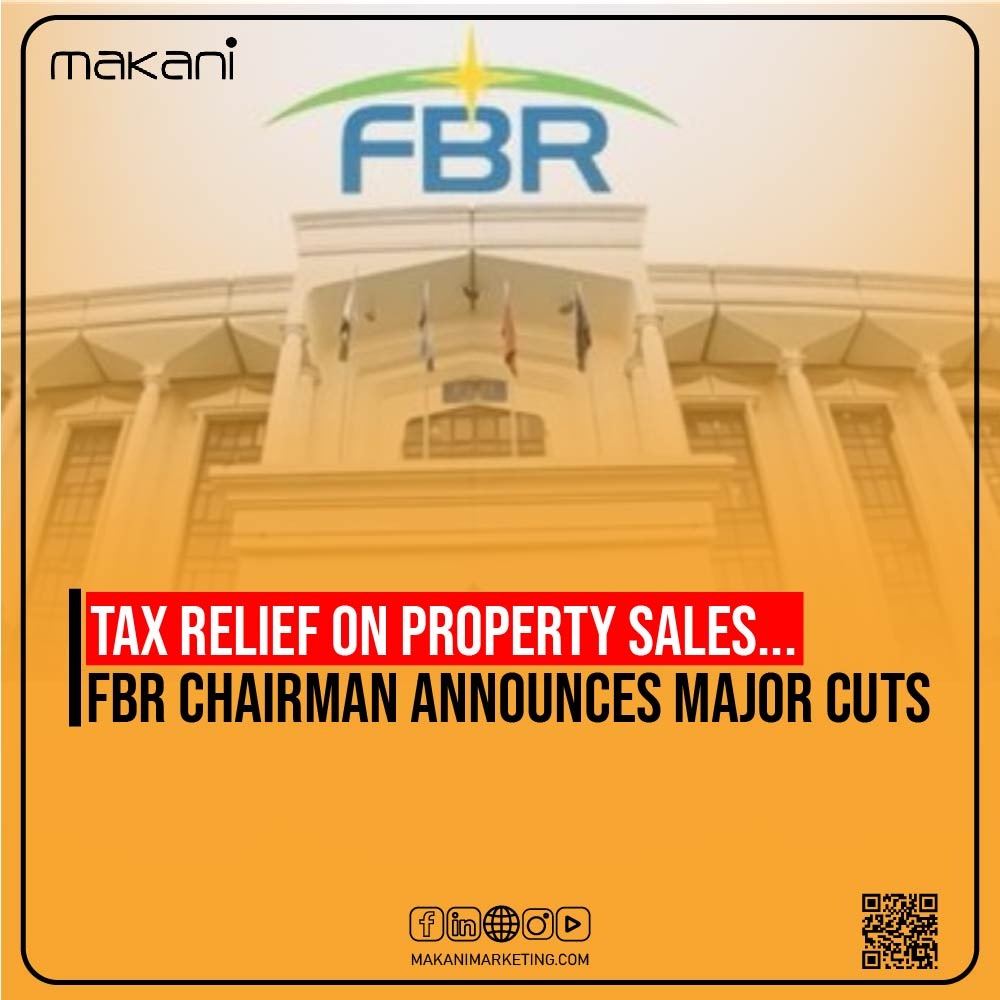The real estate sector is experiencing a revolution driven by transformative technologies. These innovations are reshaping how properties are bought, sold, and managed. At Makani Marketing, we recognize the profound impact these technologies have on the industry and are committed to leveraging them to benefit our clients.
1. Virtual and Augmented Reality (VR/AR)
Virtual and augmented reality technologies are transforming property viewing experiences. VR allows potential buyers to take virtual tours of properties from the comfort of their homes. This is especially beneficial for international buyers or those unable to visit in person. AR, on the other hand, enhances real-world views by overlaying digital information, enabling buyers to visualize how a space can be furnished or remodeled.
2. Artificial Intelligence (AI) and Machine Learning
AI and machine learning are revolutionizing real estate by providing predictive analytics, improving decision-making processes, and personalizing customer experiences. These technologies can analyze market trends, property values, and buyer preferences, helping agents make informed recommendations. AI-powered chatbots also enhance customer service by providing instant responses to inquiries.
3. Blockchain Technology
Blockchain technology offers a secure and transparent way to conduct real estate transactions. By using blockchain, property transactions can be recorded in a decentralized ledger, reducing the risk of fraud and ensuring all parties have access to verified information. This technology can streamline processes like property transfers, title deeds, and lease agreements.
4. Internet of Things (IoT)
IoT devices are making smart homes a reality. These devices, connected via the internet, allow homeowners to control various aspects of their property remotely, such as security systems, lighting, and heating. For real estate investors, IoT provides valuable data on property usage and maintenance needs, enabling proactive management and cost savings.
5. Big Data Analytics
Big data analytics enables real estate professionals to gather and analyze vast amounts of information. This data can include market trends, demographic statistics, and consumer behavior patterns. By leveraging big data, real estate agents can gain insights into buyer preferences and market demands, tailoring their strategies to meet client needs effectively.
6. Drones
Drones are becoming an essential tool in real estate marketing and property management. They provide aerial views of properties, offering prospective buyers a comprehensive perspective of the location and surrounding areas. Drones can also be used for property inspections, identifying maintenance issues that may not be visible from the ground.
7. 3D Printing
3D printing is revolutionizing the construction industry by enabling the creation of complex structures quickly and cost-effectively. This technology allows for the production of building materials and even entire homes, reducing construction time and waste. As 3D printing technology advances, it holds the potential to lower housing costs and improve accessibility to affordable housing.
8. Mobile Applications
Mobile apps are enhancing the real estate experience for both agents and clients. Apps provide convenient access to property listings, market data, and communication tools. Clients can search for properties, schedule viewings, and communicate with agents seamlessly through these platforms, improving the overall efficiency of the buying and selling process.
Conclusion
The integration of transformative technologies in the real estate sector is creating a more efficient, transparent, and personalized experience for buyers, sellers, and agents. At Makani Marketing, we are dedicated to staying at the forefront of these advancements to provide our clients with the best possible service. Embracing these technologies not only enhances our operations but also ensures we meet the evolving needs of the modern real estate market.













